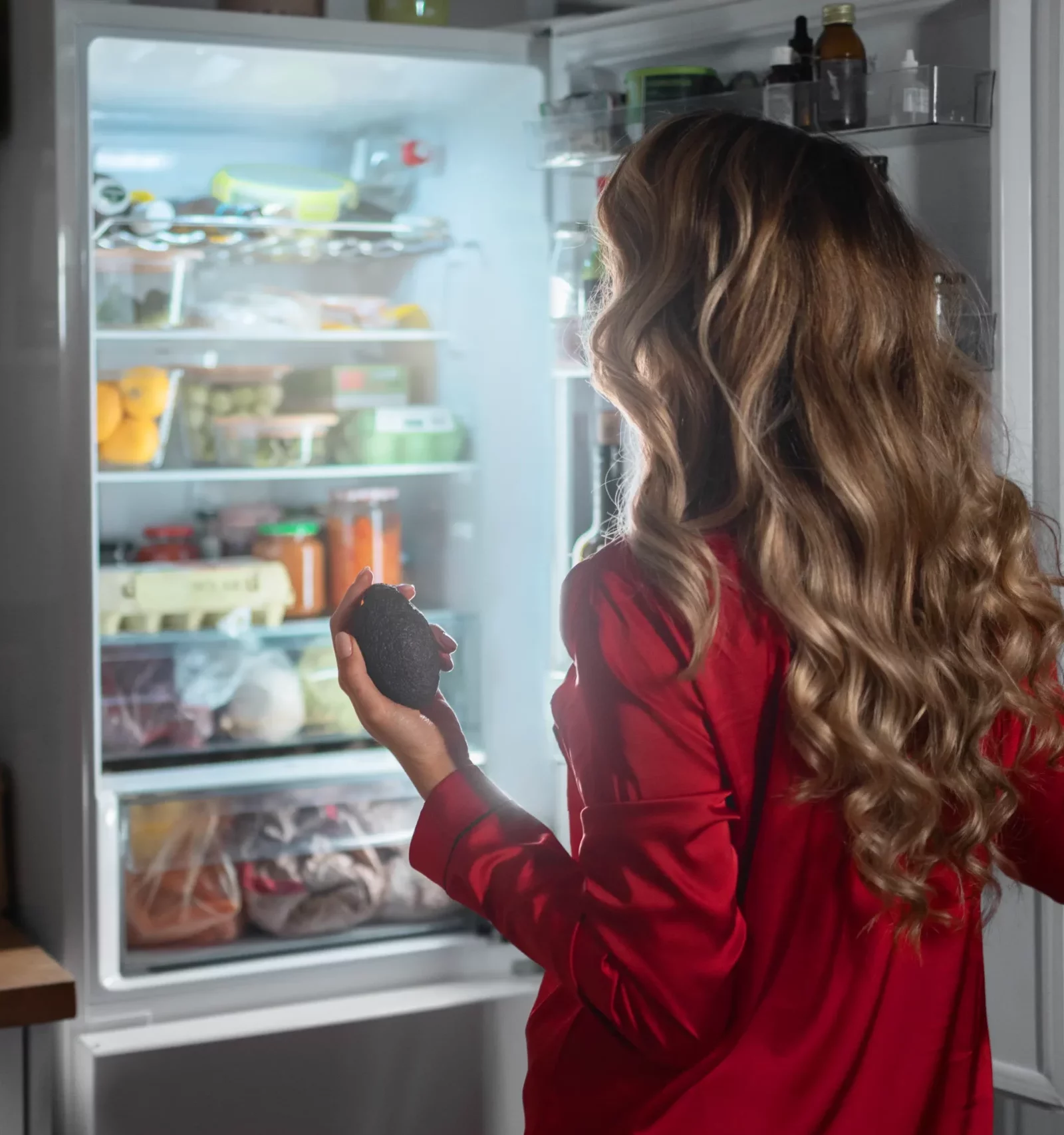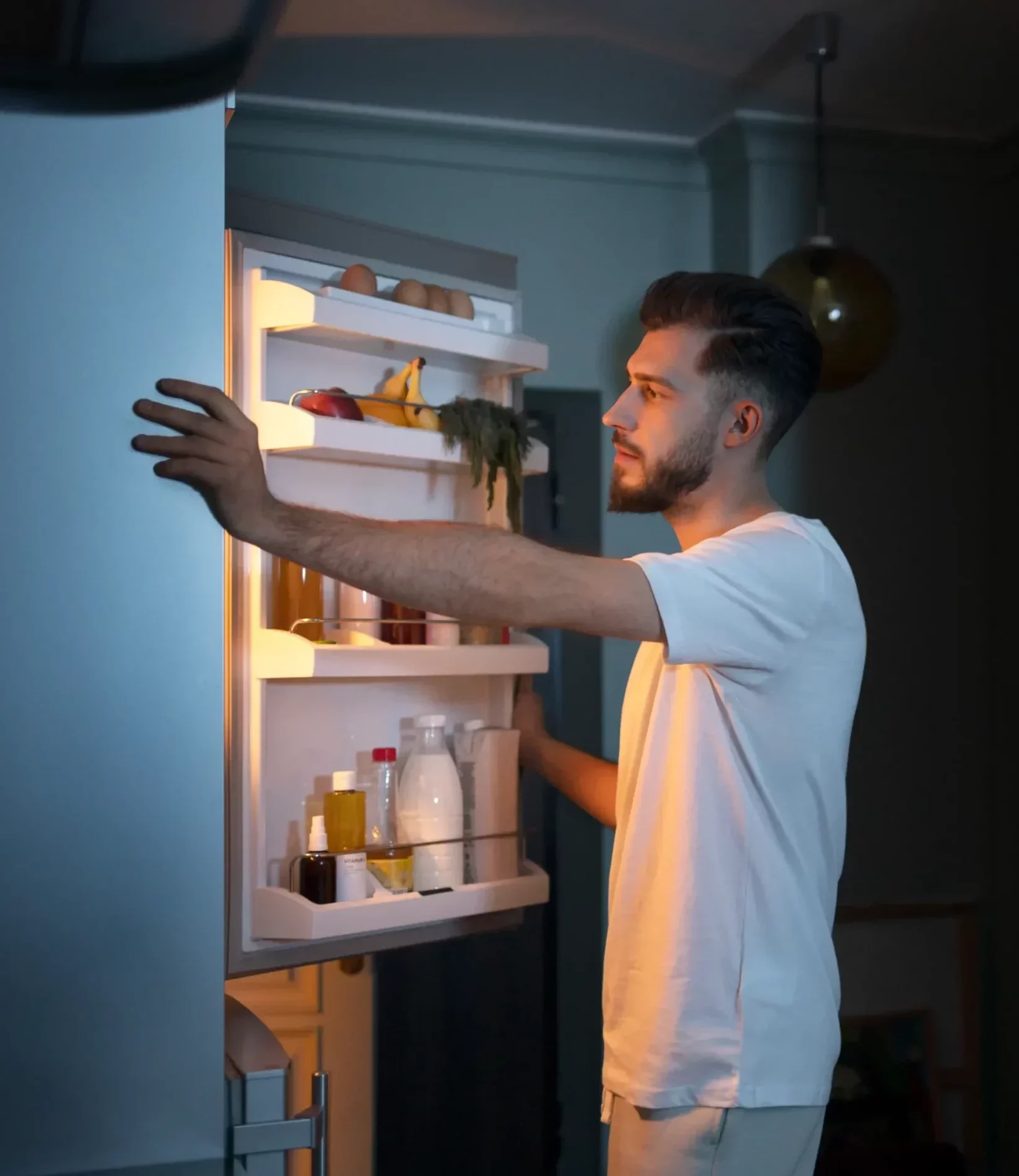It’s a sweltering summer day in Ottawa, and all you crave is a refreshing scoop of ice cream from your freezer. But wait, the ice cream isn’t icy; it’s more like a soupy mess! You’ve got a freezer that’s not cold enough, and you’re wondering what went wrong. Fret not; you’re not alone in this chilly conundrum. We’ll dive into the common woes of a freezer not cold enough, explore the need for freezer repair services in and around Ottawa, and offer some DIY tips to fix your freezer woes and common issues causing your freezer to lose its cool and explore solutions to get it back in working order.
Understanding the Basics: How Does a Freezer Work?
Before we jump into troubleshooting, let’s grasp the fundamentals of how a freezer operates. This knowledge will help you better identify the root causes of your freezer’s temperature problems.
The Refrigeration Cycle
At the heart of your freezer is the refrigeration cycle, which involves the circulation of refrigerant to regulate temperature. Compressor, evaporator, condenser, and expansion valve play crucial roles in this cycle.
The Thermostat’s Role
The thermostat acts as the brain of your freezer, monitoring and controlling the temperature. Therefore, it’s essential to understand how it works in order to diagnose issues accurately.
Unpacking the Issue: Freezer Not Cold Enough
So, you’ve noticed that your freezer isn’t as frosty as it should be. What could be causing this? Let’s dig into some of the common reasons behind a freezer not being cold enough:
1. Temperature Control Troubles
Sometimes, the simplest things can be the culprit. Check if the temperature control settings have been accidentally bumped or changed. It’s easy to knock the dial while reaching for those frozen peas. Adjust it to a cooler setting if needed, and give it some time to get chilly again.

2. Overcrowding Conundrum
Stuffing your freezer to the brim might seem like a great way to save space, but it can hinder proper airflow. When the air can’t circulate freely, it can’t keep your freezer cold. Try rearranging items to allow better airflow and watch your freezer’s temperature drop back to normal.
3. Dirty Business
Have you given your freezer a thorough cleaning lately? Dust, dirt, and grime can accumulate on the condenser coils, making it harder for your freezer to maintain its chilly demeanour. Grab a vacuum and gently clean those coils, or call in the professionals for a more thorough job.
4. Faulty Door Seal
The rubber gasket that seals your freezer door is crucial to keeping the cold air inside. If it’s worn out or damaged, warm air can seep in, making your freezer work harder to stay cold. Check the seal for cracks or gaps, and replace it if necessary.
5. Defrosting Dilemmas
Modern freezers come with automatic defrosting mechanisms, but if they malfunction, it can lead to ice build-up that affects cooling. If you notice excessive frost or ice, manually defrost your freezer and see if that resolves the issue.

DIY Freezer Fixes
While the pros are your go-to for complex freezer issues, there are some quick fixes you can try before making that call.
These DIY solutions might just save the day:
1. Check the Door Seal
Grab a dollar bill and close it in the freezer door so that a portion sticks out.
Try pulling the bill out; if it slides out easily, your seal may be compromised.
If this happens, you can replace the seal or try cleaning it thoroughly to see if it regains its grip.
2. Keep It Cool
As mentioned earlier, overcrowding can hinder airflow. Try reorganizing your freezer, ensuring there’s some space for air to circulate.
Don’t forget to keep your freezer door closed as much as possible. Every time you open it, warm air rushes in, making it work harder to maintain the cold.
3. Cleaning Routine
Regularly clean your freezer to prevent dust and dirt buildup.
Vacuum the condenser coils, wipe down the shelves, and defrost if needed.
4. Temperature Troubleshooting
If you’re not sure if your freezer is cold enough, use a thermometer to check the temperature. It should ideally be around 0 degrees Fahrenheit (-18 degrees Celsius).
5. Beware of Blockages
Ensure that vents in the freezer are not blocked by items. These vents are crucial for proper airflow.
When to Call for Professional Help
Certain signs should prompt you to pick up the phone and contact an appliance technician. If you notice persistent warm temperatures inside your freezer despite trying basic troubleshooting, if there’s a recurring frost or ice buildup, or if your freezer stops working altogether, it’s time to seek professional assistance. These experts have the knowledge and tools to diagnose and fix complex problems, ensuring your freezer is running efficiently once more. Don’t hesitate to reach out to them when your frozen goodies are on the line!
A Chilly Resolution
A freezer that’s not cold enough can be a frustrating problem, but it’s not insurmountable. By understanding the basics of freezer operation, identifying common culprits, and following DIY troubleshooting steps, you can often restore your freezer to its proper temperature. And when all else fails, don’t hesitate to reach out to professionals at Appliance Technician in Ottawa and nearby areas.
Can I use a hairdryer to defrost my freezer quickly?
Yes, using a hairdryer on a low setting can help speed up the defrosting process, but be cautious not to damage any plastic components.
How often should I clean the condenser coils?
Ideally, clean the condenser coils at least once a year, or more often if you have pets that shed fur.
Is it normal for my freezer to make a humming noise?
A low-level humming noise is typically normal as the compressor runs, but loud or unusual noises may indicate a problem.
Should I repair or replace my freezer if it's not cooling properly?
It depends on the age and condition of your freezer. If it’s relatively new, a repair may be more cost-effective. Older units with recurring issues may warrant replacement.
Are there any energy-saving tips for maintaining freezer temperature?
Yes, keeping the freezer full and ensuring a tight seal on the door can help maintain temperature and reduce energy consumption.

